How do you calculate Immunoscore? A tour of HalioDx
Cancer Immunotherapy will require personalized treatment based on the type of cancer you have, and the immune response your body has generated to the cancer.

Dr Holbrook Kohrt at Immunology 2015
The sadly missed and visionary Dr Holbrook Kohrt was very prescient when he told BSB in New Orleans back in May 2015:
“Today when I see a patient or you go to a cancer center, the first thing they ask is what type of cancer do you have? Most patients respond – breast cancer, a colon cancer – unfortunately we are not in position where patients can say I have a deficiency in my cytotoxic CD8 cells or I have overly active regulatory T cells.
I actually envision a day when patients will know both sites, they will know they have breast cancer and they’ll also know it’s because there’s a lack of effector cytotoxic CD8 T cells. That combination knowledge, of what your immune system is lacking and what tumor you have, that combination will allow you to identify what type of immunotherapy you need.
Patients may need CAR directed T cells and those will be for patients who have completely non-functional T cells themselves, no matter what therapy you give them, you’re not going to create those cells within the body, therefore you need to do it ex-vivo in a petri dish and give it back to them.
Other patients may have T cells that just need to be turned on and so all they need is a checkpoint modulator and that combination is going to be effective enough for them.
So it’s this dual diagnosis, diagnosing their immune system and diagnosing their tumor that’s going to allow us to identify one, two, or three therapies that’s going to be the right cocktail.”
See post: Holbrook Kohrt leads the way in Targeting CD137.
ICYMI do listen to the tribute to Dr Kohrt on the Novel Targets Podcast from two people who knew him at Stanford: Dr Ron Levy and Dr Dan Chen (@DanChenMDPhD). It’s at the start of Episode 11: Cancer Immunity Cycle.
Immunoscore® — a diagnostic test based on the immune profile of a patient is based on the pioneering work of INSERM scientist Dr Jérôme Galon.

Dr Jérôme Galon at ASCO 2016
We are fans of his work, and interviewed him at the 2015 European Cancer Congress. See post: Immunosurveillance, Immunoscore & Personalized Cancer Immunotherapy – an interview with Jérôme Galon.
Over 10 years ago, Dr Galon’s research published in The New England Journal of Medicine and Science showed that the type, location and density of immune cells within a tumor predicts clinical outcome in early stage colon cancer.
These findings led to the development of an assay called Immunoscore® that’s based on an analysis of cytotoxic T cells, the ones that kill cancer.
In the process, it has led to a new way of classifying stage 2/3 colon cancer patients: those with a high Immunoscore® (good prognosis), and those with a low Immunoscore® (poor prognosis). Dr Galon’s work has shown that irrespective of whether you are MSI high or MSS, colon cancer prognosis correlates with Immunoscore.

Dr Bernard Fox at AACR 2016
As we heard from Dr Bernie Fox (@BernardAFox) at AACR 2016. See post: AACR Cancer Immunotherapy Insights from Dr Bernard Fox, listen to excerpts on Novel Targets Podcast Episode 12: Of Mice and Men:
“What I teach the first year medical students is that if you have metastatic cancer, the only thing that makes a difference in your life is whether you’ve got your immune system turned on. If it’s not turned on, it doesn’t make a difference what you get, chemo, radiation, surgery, you aren’t going to do well.”
Immune response is key to outcome, which means that knowing what your immune profile is will be key to deciding which of the many immunotherapy options, either alone or combination will achieve the desired effect.
A large multinational phase 3 clinical trial sponsored by the Society for Immunotherapy of Cancer (@SITCancer) was set up to validate Immunoscore® as a biomarker in Stage 2 colon cancer.
Dr Galon and co-authors reported the results at ASCO 2016. See post: immunoscore validated as an important biomarker for colon cancer. He featured on the ASCO 2016 episode of the Novel Targets Podcast: Immunotherapy or Bust.
Immunoscore® is now being commercialised by Marseille based HalioDx. (See post: HalioDx CEO Vincent Fert outlines commercial strategy for Immunoscore in US and Europe).
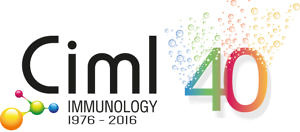 During a recent visit to the Marseille Immunopôle for #CIML40, I had the pleasure to do an impromptu tour of the HalioDx lab.
During a recent visit to the Marseille Immunopôle for #CIML40, I had the pleasure to do an impromptu tour of the HalioDx lab.
When listening/watching this, do bear in mind this was not a scripted tour, and also the people I spoke to were speaking English as a second language.
It’s not intended to be a definitive guide; if you are a patient you should talk to your doctor about any questions you have about diagnostic assays such as Immunoscore. At the moment, it’s only available for research or clinical trial use, but HalioDx has plans to make the assay commercially available on the US and Europe.
The company has more information on their website and also recently published a paper in the Journal for Immunotherapy of Cancer (open access) that describes how the test is done in more scientific detail.
In the meantime, subscribers can login to join me for a lunch-time tour, or you can purchase access. The audio-slideshow tour was for several weeks open access and available to all, but is now for subscribers only:
This content is restricted to subscribers
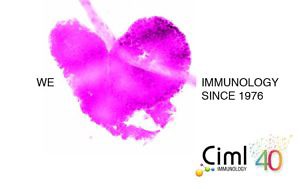
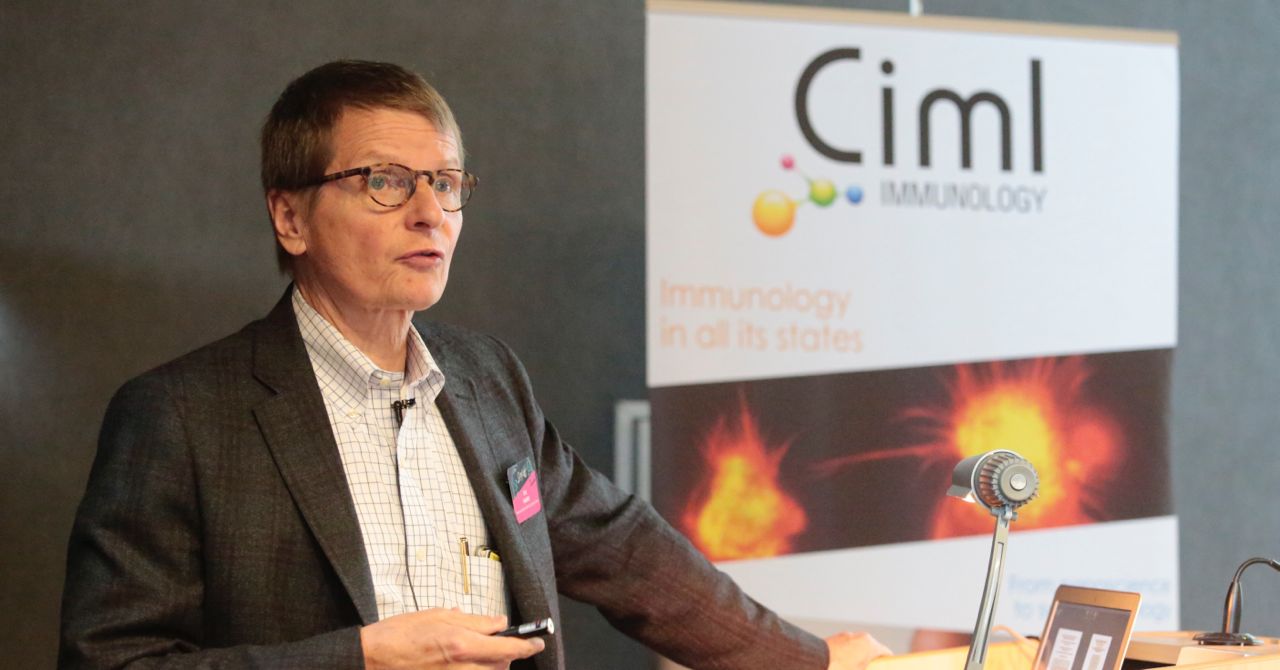
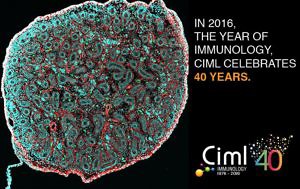 Readers may recall the interview we did with Dr Marcel van Brink (
Readers may recall the interview we did with Dr Marcel van Brink (
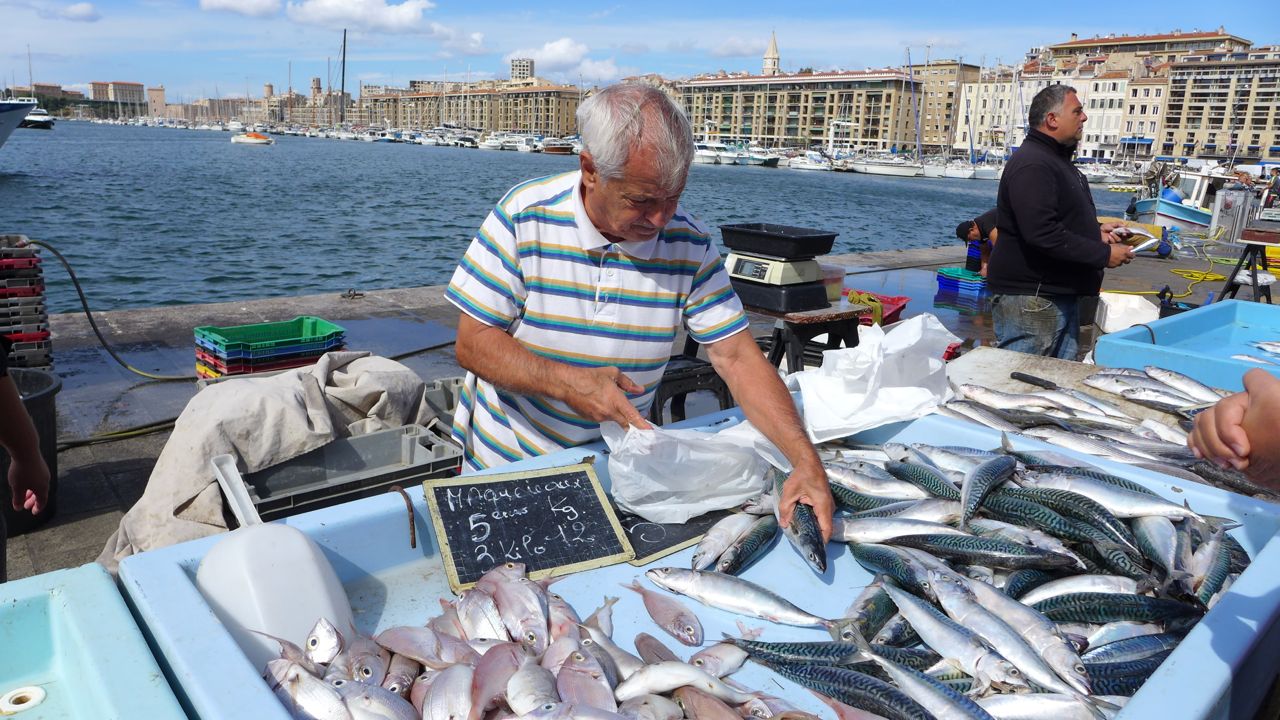
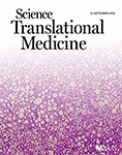 Rizwan Romee, Maximilian Rosario, Melissa Berrien-Elliott and colleagues at the Washington University School of Medicine in St Louis (
Rizwan Romee, Maximilian Rosario, Melissa Berrien-Elliott and colleagues at the Washington University School of Medicine in St Louis (


 He is one of the co-founders of
He is one of the co-founders of  Yesterday the field heated up when it was announced that German biotech BioNTech AG had entered a strategic collaboration with Genentech to develop individualized mRNA cancer therapies (
Yesterday the field heated up when it was announced that German biotech BioNTech AG had entered a strategic collaboration with Genentech to develop individualized mRNA cancer therapies (

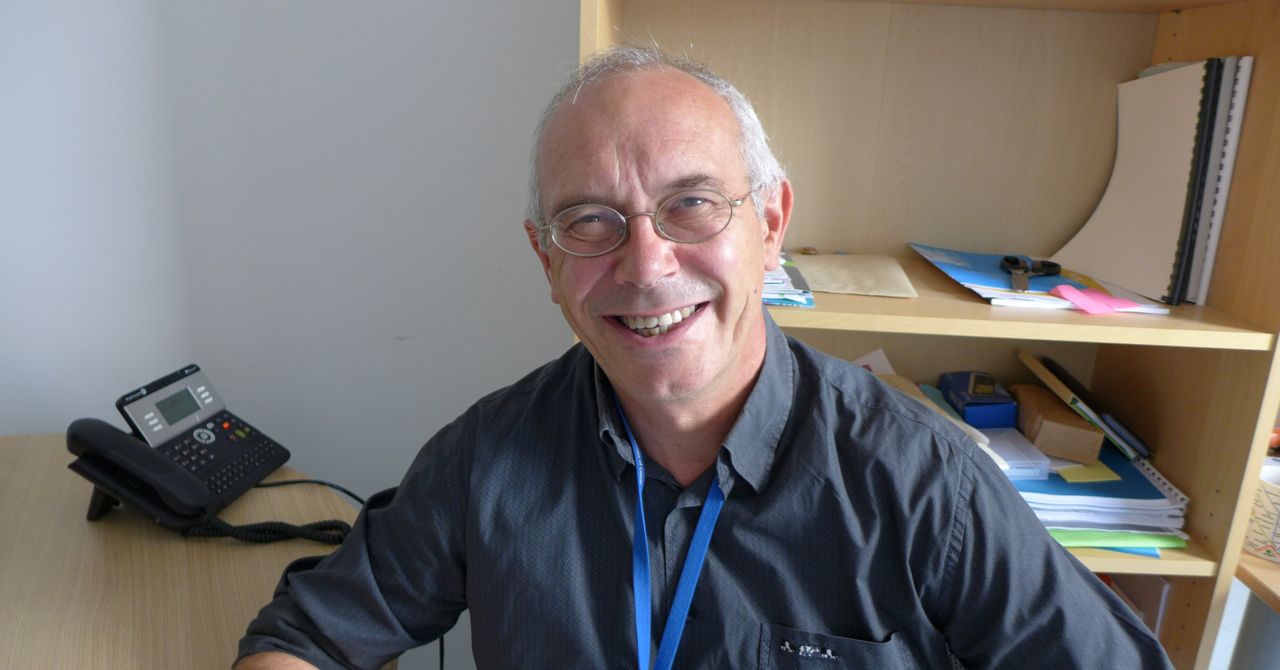
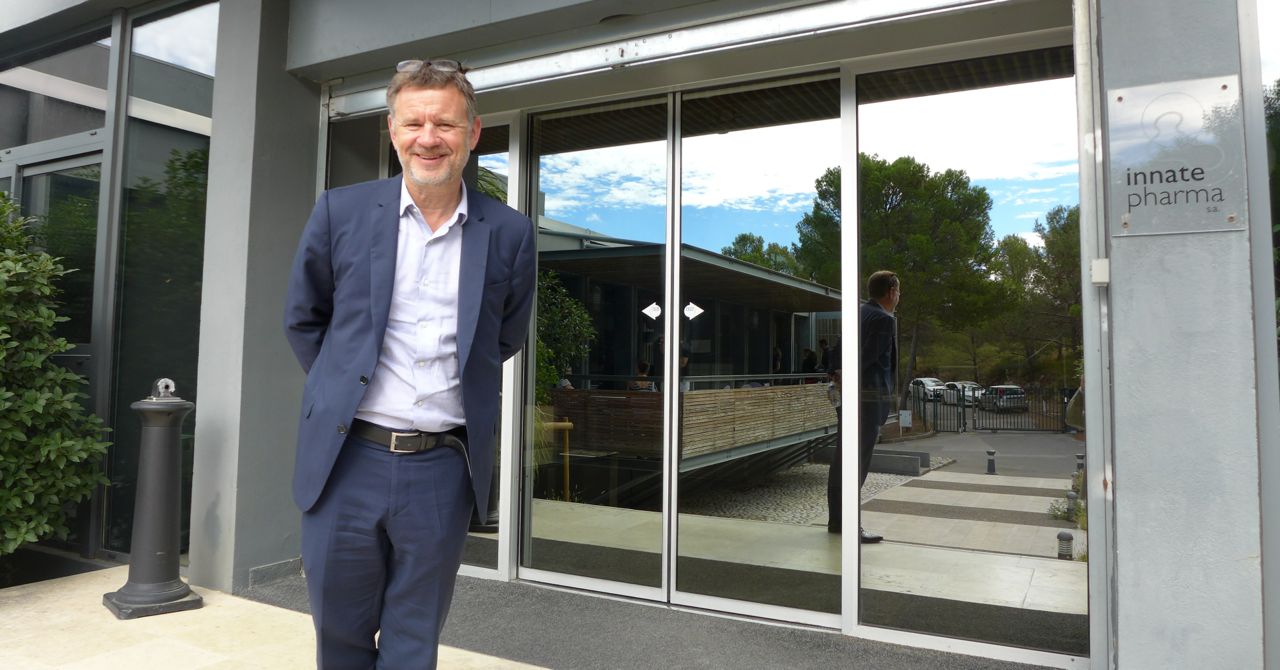
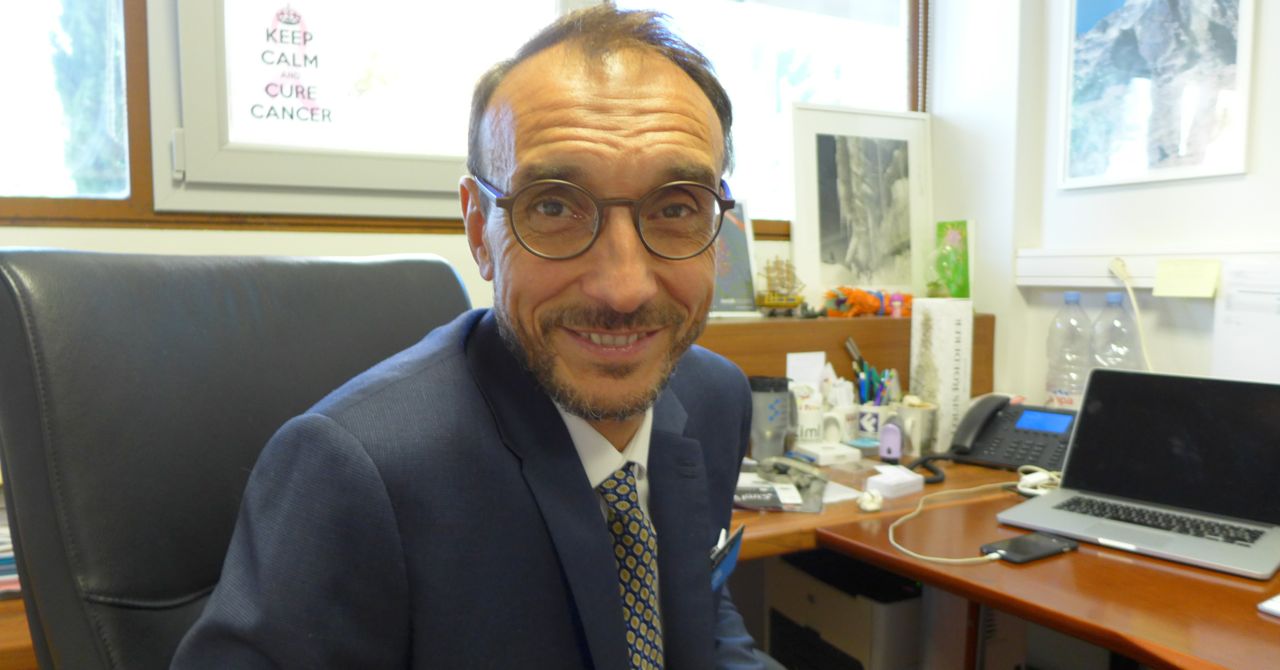
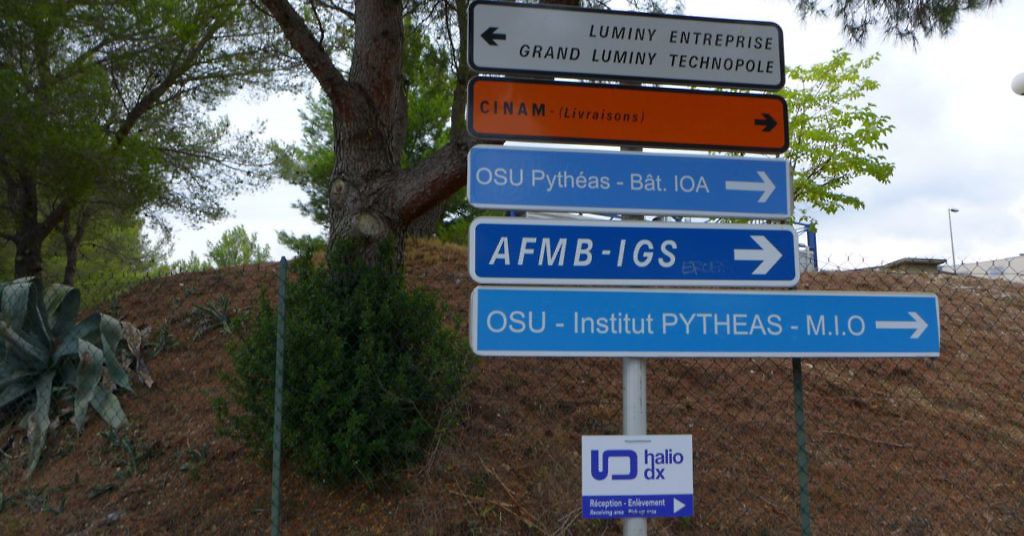

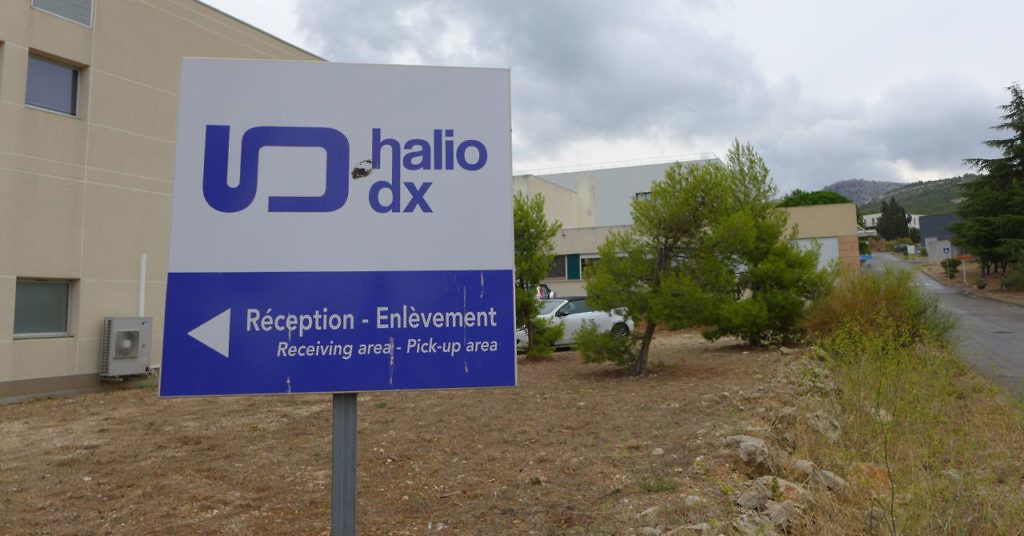
 When it comes to cancer immunotherapy drug development, one of the challenges is that we can’t accurately predict from preclinical mouse models what will happen in people. The result is a rush into the clinic to test in human subjects.
When it comes to cancer immunotherapy drug development, one of the challenges is that we can’t accurately predict from preclinical mouse models what will happen in people. The result is a rush into the clinic to test in human subjects.